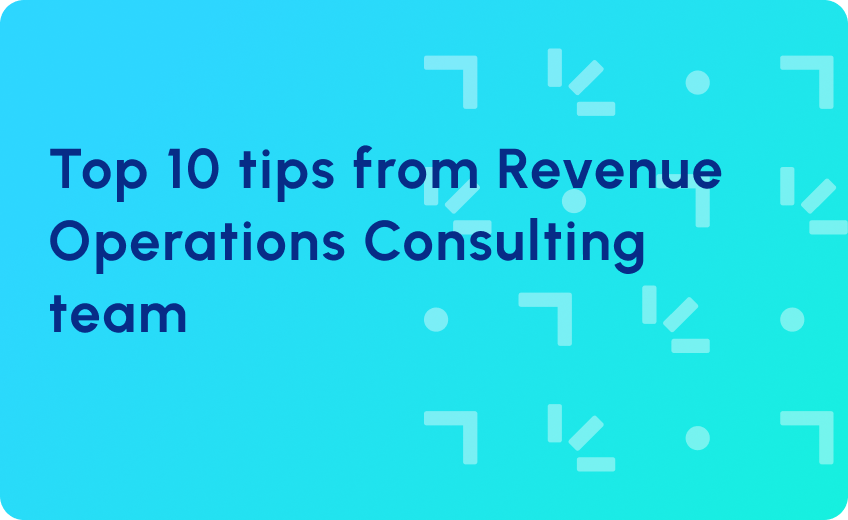
Marketing Automation for Startups: Do More with Less
Startups move fast. But that speed often leads to messy marketing: manual emails, inconsistent follow-ups, and no clue what’s working.
Founders and early marketers wear too many hats. You’re managing growth, not just marketing. So, how do you keep your outreach personalized, your pipeline active, and your visibility sharp, without adding headcount or over-engineering?
Marketing automation for startups offers the fix. But they need a leaner, smarter version. One that doesn’t drain budgets, doesn’t need a full-time ops hire, and can be tweaked as you grow.
But do you need a bloated enterprise setup? No, you need a lean marketing automation agency: simple, smart systems that scale without burning your budget. Here’s how to make it work.
Why Marketing Automation Matters for Startups
Early-stage marketing is often chaos. Founders juggle sales calls and drip emails. You miss getting leads. Tools don’t align with each other.
Here’s why automation should be on your radar early:
- Save time: Automate repetitive actions, like email sequences, lead scoring, and form follow-ups.
- Improve conversions: Personalized nurturing based on user actions drives engagement.
- Support lean growth: You can scale without scaling the team.
- Boost visibility: Use automation tools with built-in analytics to track campaign ROI in real time.
But isn’t automation impersonal? Well, not when it’s behavior-driven. Tools like HubSpot for startups allow dynamic personalization. So, your emails feel personal and relevant, not like a mass message.
Common Roadblocks
Even with the right intent, most startups hit a few bumps:
- Manual chaos: You’re juggling outreach, onboarding, and follow-ups, often on spreadsheets.
- Scattered tools: CRMs, email platforms, and website forms don’t sync.
- No lead nurturing: You capture leads… and forget to talk to them.
- Poor data visibility: You don’t know what’s working or which campaigns drive revenue.
Pro tip: Startup marketing automation tools like HubSpot, ActiveCampaign, or Mailchimp, integrate easily and help you avoid data silos from the beginning.
Lean Marketing Automation Strategies That Work
1. Start With One High-Impact Funnel
Pick one goal. For example, you can convert free trials into paying users. Automate that flow first.
But what if you don’t know which funnel to start with? Then just pick the one tied to your core revenue metric, like demo bookings, sign-ups, or free-to-paid.
2. Use Native Automation in Lightweight Tools
Start with what you already have. Mailchimp’s free plan, HubSpot Starter, or ConvertKit offer enough to automate lead capture, email sequences, and CRM integration for startups.
3. Automate Based on Behavior
Don’t just send emails three days after signup. Instead, with email automation for startups, trigger actions based on behavior, like visiting a pricing page or not completing a sign-up.
4. Sync CRM and Marketing Early
Integrate your tools from the start, even if it’s just Google Sheets and Zapier. If you’re using Salesforce, make sure your automation platform integrates well.
5. Build Once, Reuse Often
Create reusable templates. One onboarding workflow = endless variations.
Pro tip: Label and document workflows in a shared Notion page or Airtable so the team stays in sync.
Build a System That Grows With You
Marketing automation isn’t just for big enterprises. For startups, it’s the secret to doing more with less—replacing chaos with systems, and gut feeling with insights.
If you’re not sure where to start, the right marketing operations agency can help you design lean workflows that fit your tools, your team, and your stage of growth.
Want help setting up lean, scalable marketing automation? Book a strategy session and let’s build a system that grows with your startup.




